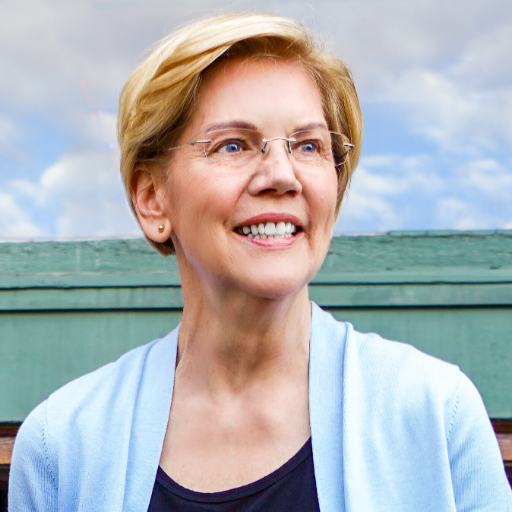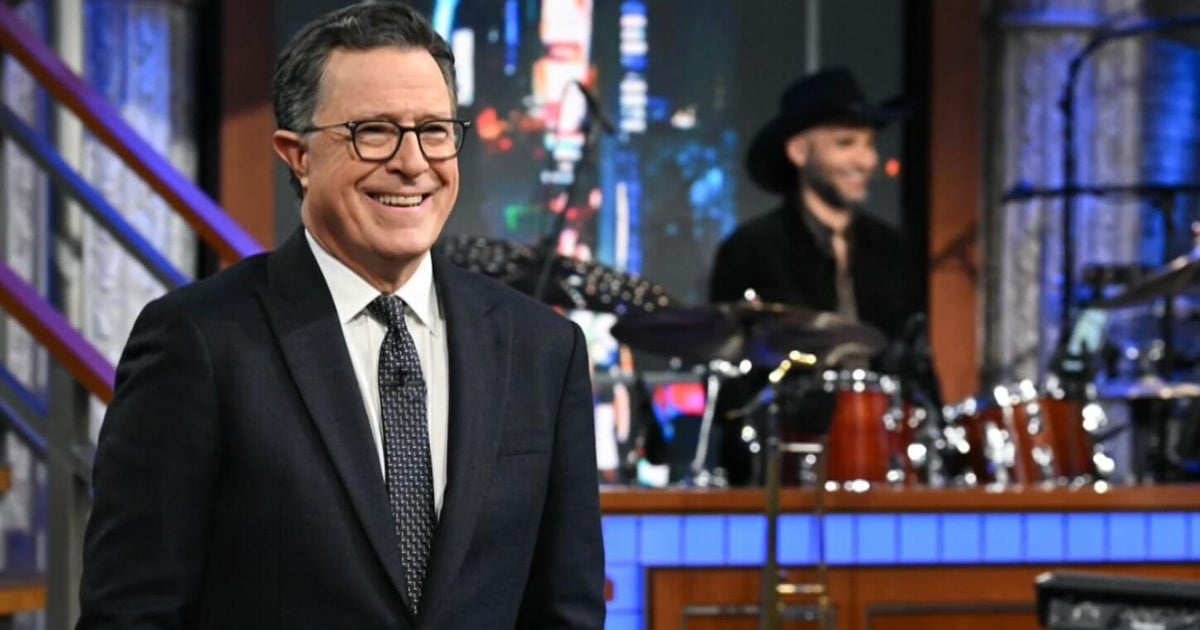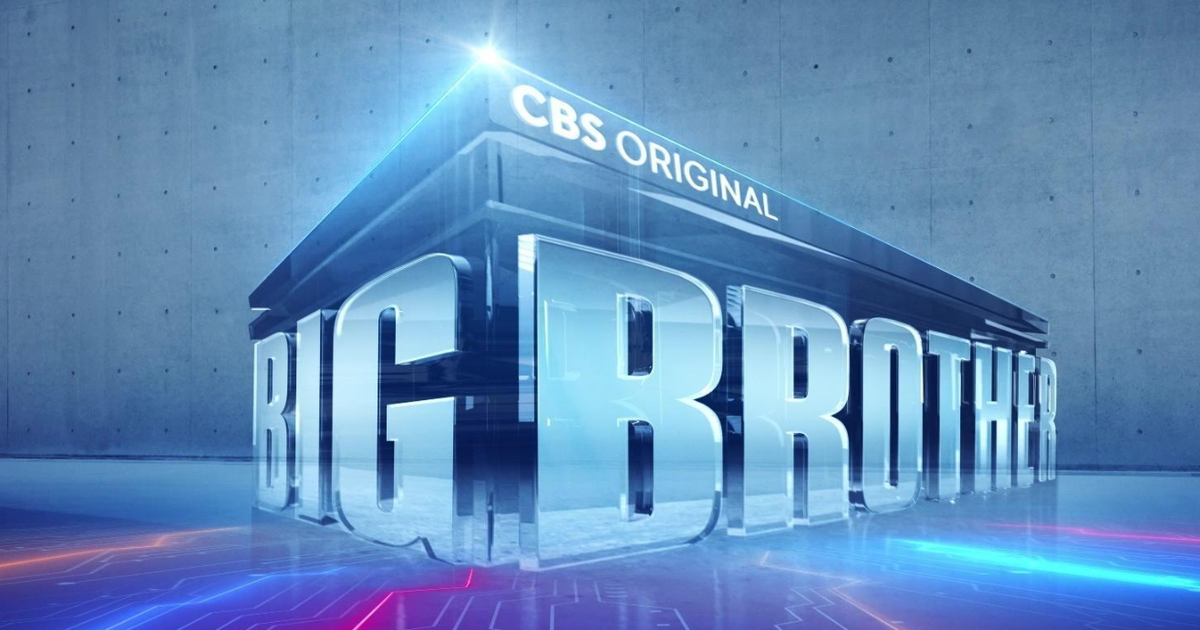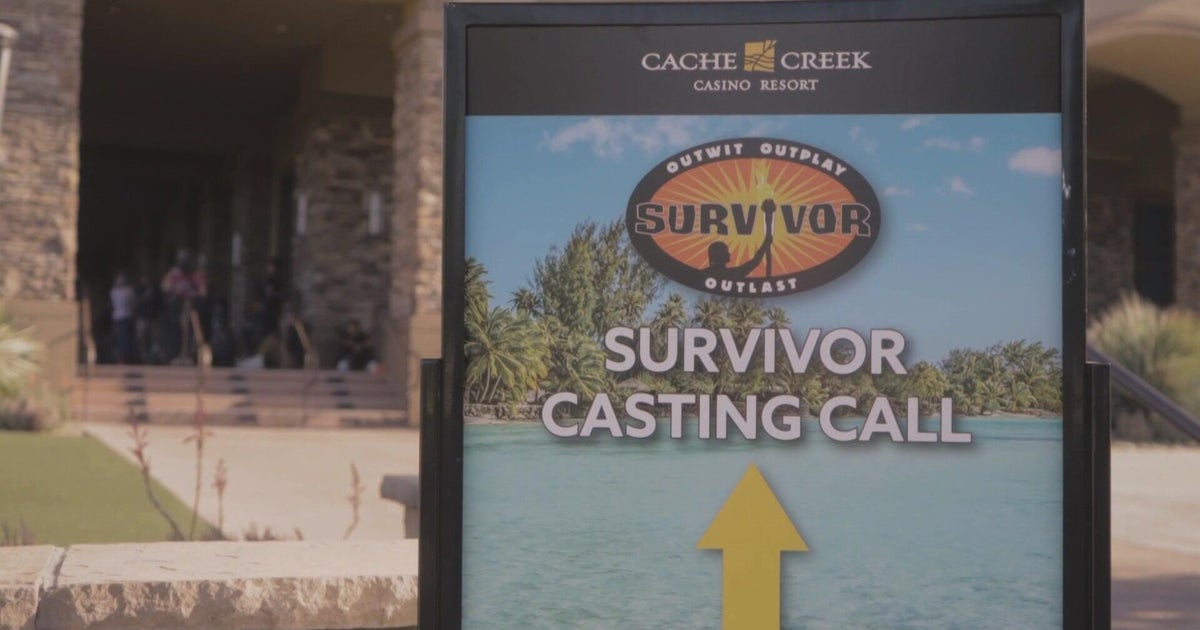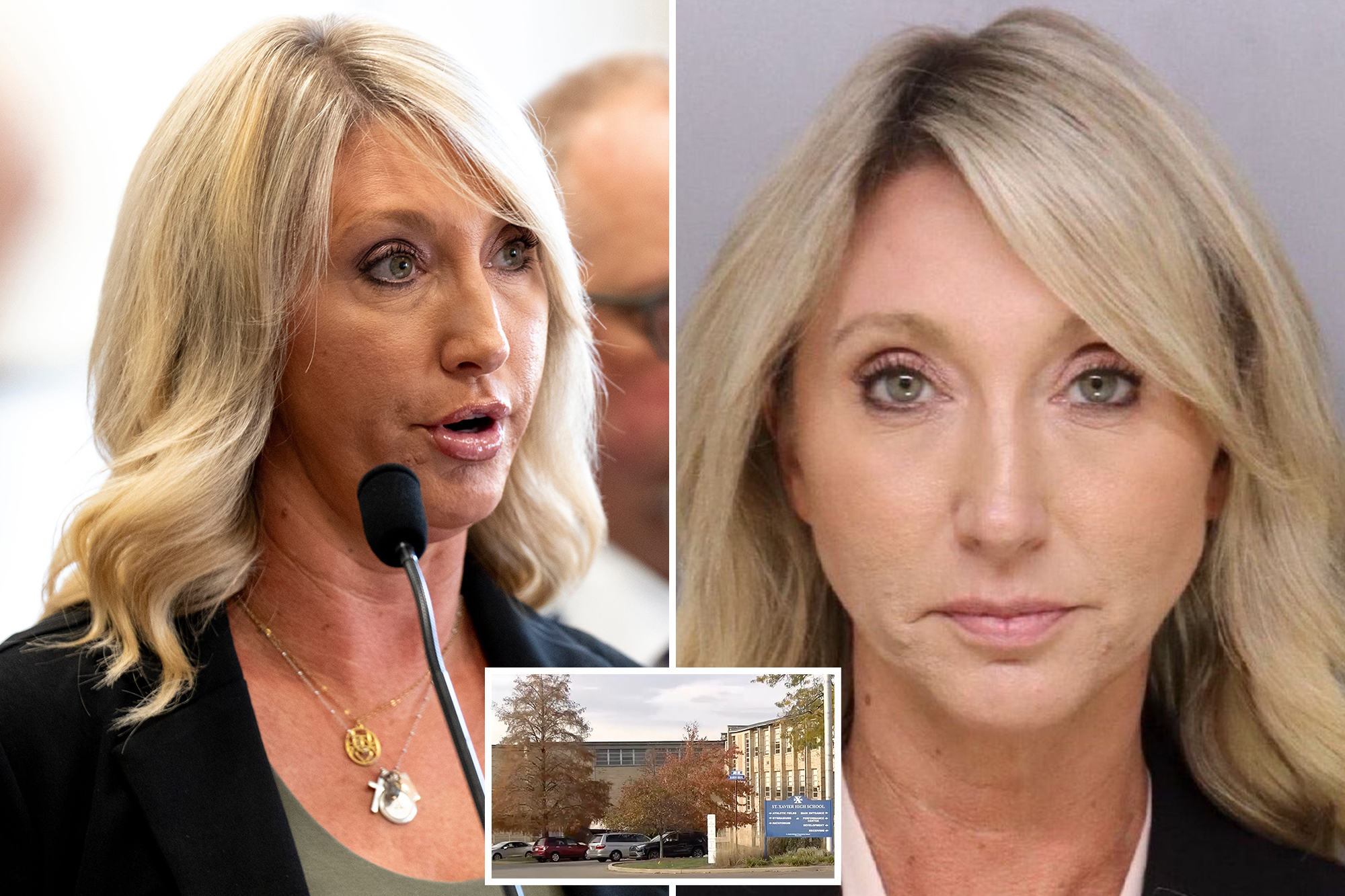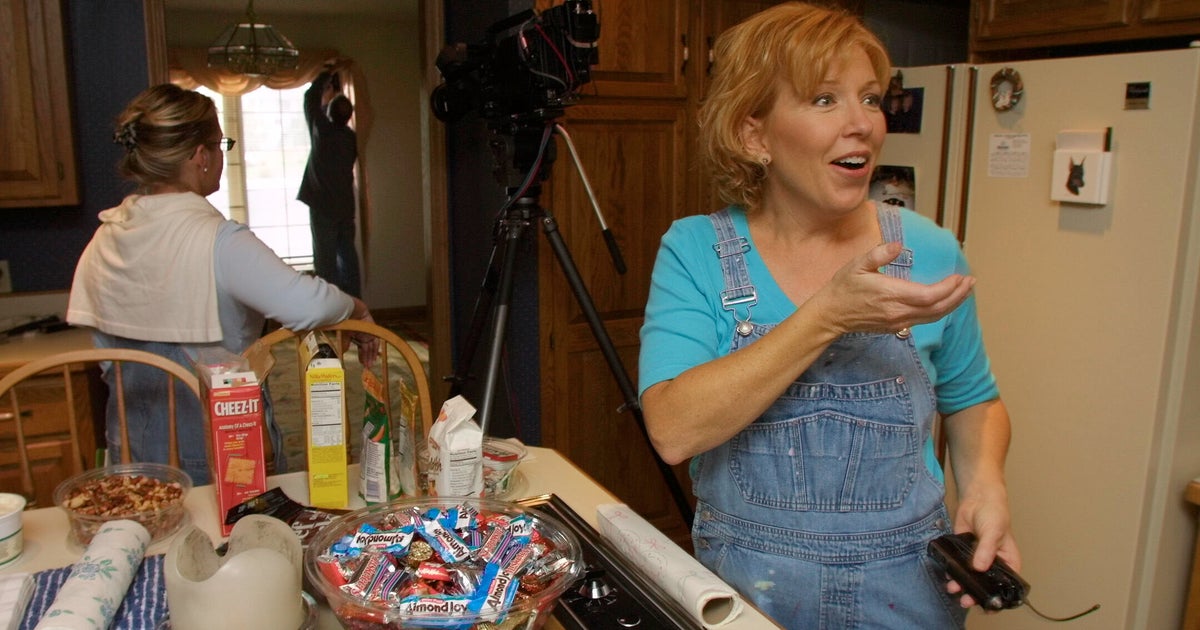CBS Cancels 'The Late Show' Amid Financial Struggles, Not Politics
CBS executives confirmed the cancellation of “The Late Show with Stephen Colbert,” attributing the decision to substantial financial losses estimated between $40 million and $50 million annually. Insiders assert that the show's political content played no role in this outcome.
Colbert's dismissal came shortly after he criticized CBS's $16 million settlement with Donald Trump regarding a contentious “60 Minutes” interview featuring Kamala Harris. This settlement coincides with Paramount's ongoing negotiations for regulatory approval of its $8 billion sale to Skydance, an independent studio.

“I am offended, and I don’t know if anything will ever repair my trust in this company,” Colbert remarked during his Monday night monologue, humorously suggesting that the settlement amount could help mend relations.
Despite Colbert's top ratings in his time slot and his prominence as a key figure for CBS, the network's leadership faced mounting pressure due to a significant decline in advertising revenue. “Colbert gets no advertising and late night is a tough spot,” noted a source familiar with CBS’s decision-making process. “Colbert might be No. 1, but who watches late night TV anymore?”

Some Democratic figures expressed skepticism about the motives behind the cancellation, linking it to Colbert's liberal stance and CBS's need for favorable relations with the Trump administration amid the merger negotiations. Senator Elizabeth Warren voiced her concerns on social media, questioning whether political factors influenced the show's termination.
In a related context, Skydance CEO David Ellison, whose father is a close associate of Trump, was reportedly unaware of the impending cancellation until just before it was publicly announced. “Skydance had nothing to do with this,” stated an insider. “Colbert loses $40 million to $50 million a year, so George Cheeks just decided to pull the plug.”

While “The Late Show” maintained nearly 2 million total viewers and led its time slot, viewership has sharply declined as younger audiences shift away from traditional television. The ad data firm Guideline reported that CBS's late-night programming generated only $220 million in ad revenue in 2024, a stark contrast to the $439 million earned in 2018.
Jeff Shell of RedBird Capital, who will oversee CBS post-merger, has described the network as a “melting ice cube” due to its financial challenges. Plans are underway to bolster CBS Sports and invest in news programming that addresses concerns about perceived liberal bias.

A spokesperson for Paramount declined to comment on the cancellation but did not refute claims regarding the financial losses associated with the show. Meanwhile, Trump's lawsuit had been a significant hurdle for the merger's approval by the Federal Communications Commission (FCC). Sources indicate that with the lawsuit resolved, Ellison anticipates FCC approval for the Skydance-Paramount deal by mid-August.
However, this approval may come with stipulations from FCC Chairman Brendan Carr, who is expected to impose conditions aimed at addressing concerns over left-leaning news bias in local broadcasting.


